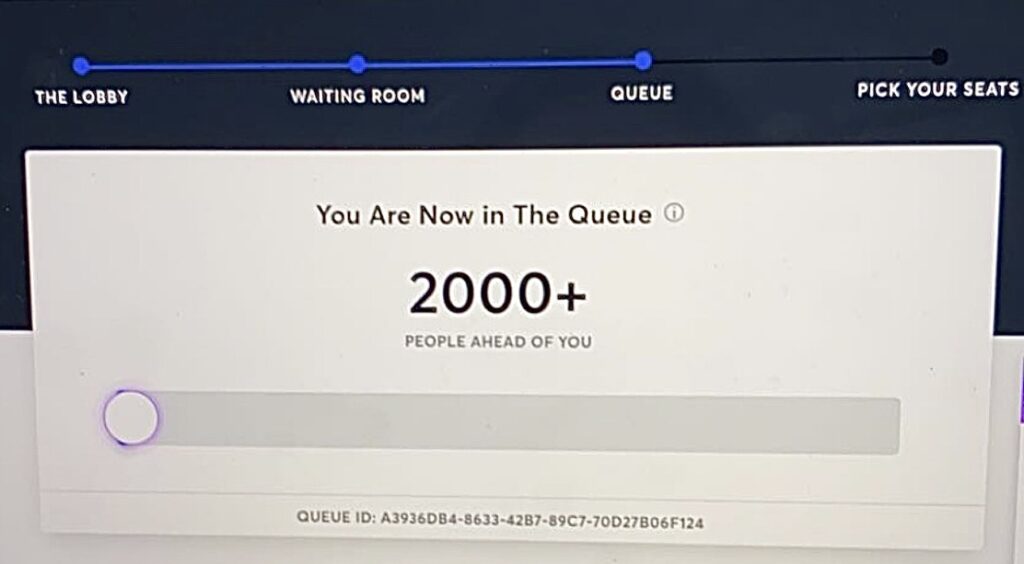By: Caitlyn Bailey | Treasurer
This past Tuesday, industry giant Live Nation faced a senate hearing for possible antitrust
violations within its secondary company, TicketMaster. Cries for action became deafening after
pop icon Taylor Swift’s presale ticket fiasco in November, and senators began to hammer the
president of Live Nation Entertainment, Joe Berchtold, with various questions in order to fully
understand the depth of the possible monopoly it may hold on the live music industry. As the
hearing proceeds, here is what you need to know about the case and its possible rippling effects.
An antitrust violation means that a company limits competition to prevent consumers from
having any choice except for its own options. It allows their services to have high prices because
there is no other place in the market for the product that users are looking for to be sold directly.
Understanding the history between LiveNation and Ticketmaster will allow insight on how the
accused monopoly, or unjust control of the market, came to be.

Merging together in 2010, Live Nation had always succeeded as the leading force in venue
operation. Leasing 165 venues in North America and over 94 internationally, it has become
increasingly more difficult to find a venue that is not partnered with Live Nation. The semi-local
Gillette Stadium falls under this umbrella, as well as other considerably popular arenas such as
the Leader Bank Pavillion in Boston. This makes it difficult for competing ticket vendors, such
as platforms like StubHub or SeatGeek, to have any real chance– Live Nation already has so
many venues under its control, and that it can directly sell its seats through TicketMaster.
Together, the two are branded under Live Nation Entertainment, able to house artists through its
partnerships with venues and sell tickets through its own ticketing website, gaining all of the
profits at once.
As the senate continues to investigate the impact of the TicketMaster and LiveNation merger 13
years later, live music consumers wait with bated breath to see if the company will go to trial. If
the senate grants a separation between the two, the industry will change forever– it will allow a
world where fans are able to see their favorite artists without hundreds of dollars in service fees
alone. While different facts and statistics are discovered by the senate, one thing is clear: a loss
for Live Nation Entertainment is a win for the live music industry.
Cover photo by Activedia on pixabay.com














